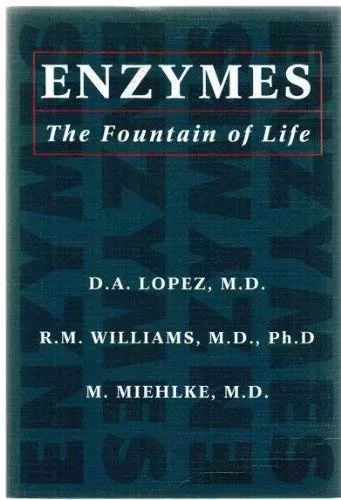To help understand how systemic enzymes can help in the inflammatory process, I’ll describe the inflammatory scenario and provide some key definitions.
First, there’s an antigen which is a substance that triggers an immune response. An antigen can be an environmental foreign substance (e.g., chemicals, bacteria, fungi, viruses, parasites, pollen) or formed within the body (e.g., bacterial toxins or tissue cells). If the body mistakenly perceives healthy tissue to be a harmful substance, an autoimmune disorder can develop.
Antigens cause your immune system to produce antibodies (proteins) to defend specifically against them. Each type of antibody is unique and defends the body against one specific type of antigen.
When the antibody binds to an antigen, an immune complex forms. If the immune complex pathologically deposits in tissues or organs (and does not clear), it may result in an out of control inflammatory response which can lead to tissue destruction.
When immune complexes deposit in tissues, a fibrin mantle (blood clotting protein) is formed around the complexes. While this is the body’s attempt to isolate the problem area, it unfortunately limits the body’s other natural defenses to reach the immune complexes and degrade them.

